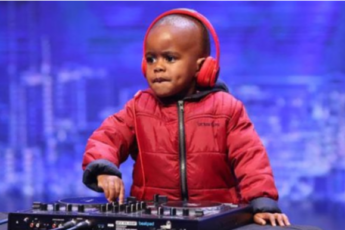When your child begins to “talk,” he is displaying his developing language skills. You have no idea what they’re saying, of course, but this gibberish will eventually lead to real words. Chattering also provides insight into their cognitive development as they memorize and repeat sounds, spend time considering what they want to “say,” and learn to use verbal and nonverbal actions.

Chatting has a social component as well. Long before your child says a word, he observes you and learns the rules of language and socialization. Babies observe how you react to sounds and how you converse with others. They learn languages and imitate how others communicate verbally with them as a result of this. Keep in mind that children develop skills at different rates. You probably don’t need to be concerned as long as your child is chatting and interacting with you and other people.

Make an appointment with your pediatrician and speech therapist if their speech and language development stops or regresses at any point, if they don’t chat, make eye contact, or gesticulate, or if no words are spoken by the time they are 15 months old. Also, at any age, contact your local public school—the sooner your child receives assistance with speech or language problems, the better.







